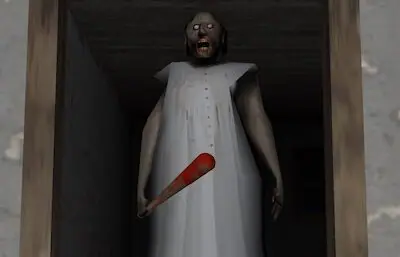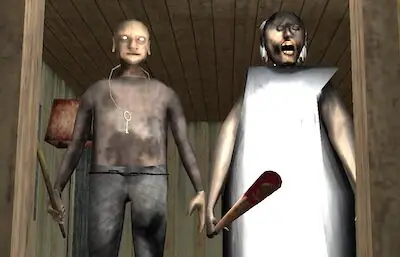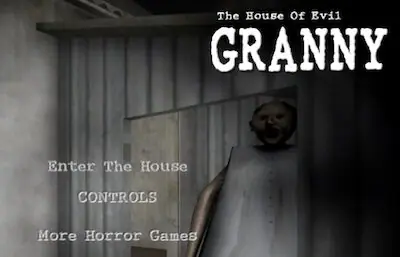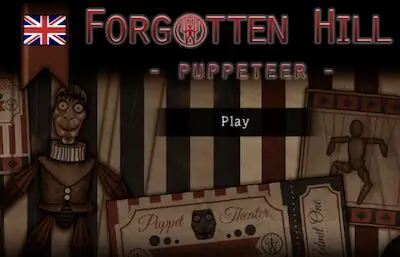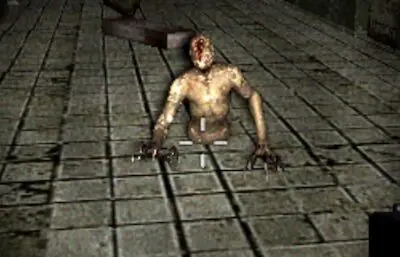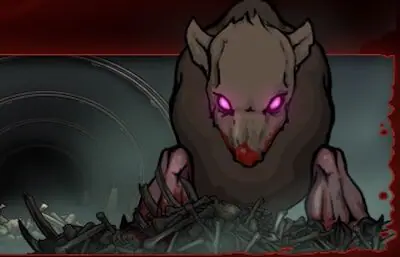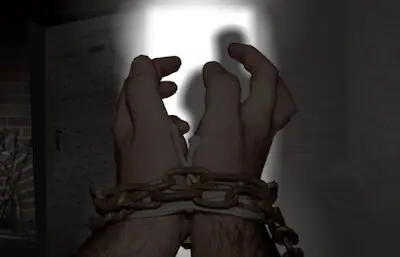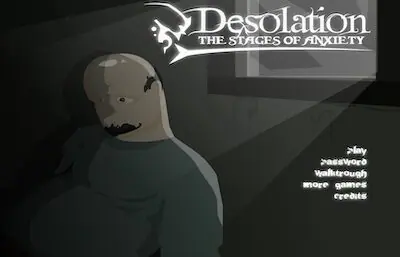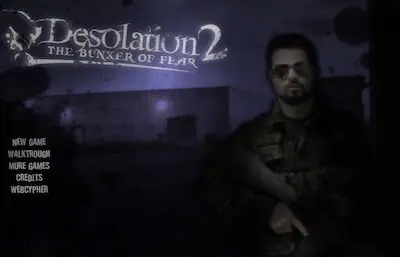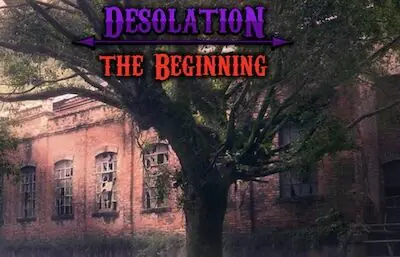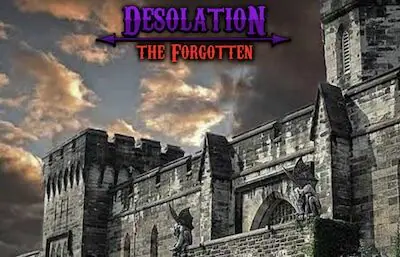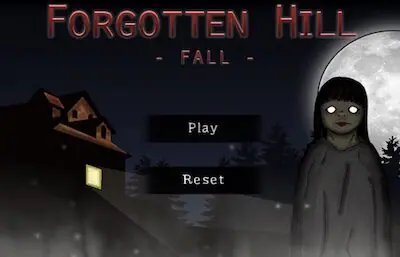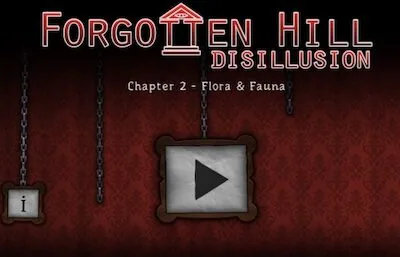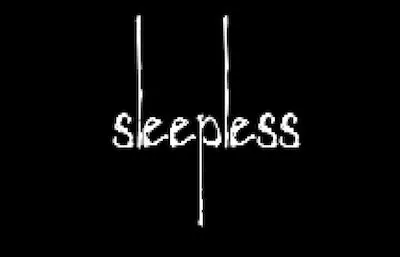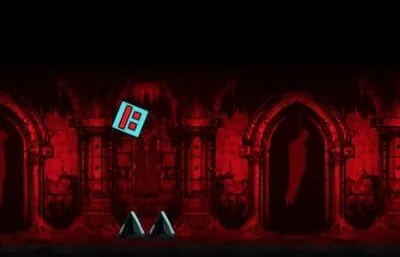Horror Games
Horror Games: A Journey into Fear
Horror games have a unique ability to evoke fear, suspense, and adrenaline. They transport players into terrifying worlds filled with monsters, ghosts, and otherworldly creatures. This article will explore the different types of horror games, their psychological effects, and some of the most iconic titles in the genre.
The Different Types of Horror Games
Horror games come in many sub-genres, each catering to different types of fears and gameplay styles. Some focus on survival horror, where players must manage limited resources while facing terrifying enemies. Popular examples of survival horror include classics like “Resident Evil” and “Silent Hill.” Then there are psychological horror games, which delve deep into the player’s mind, using subtle cues, haunting music, and story-driven elements to evoke fear. Games like “Amnesia: The Dark Descent” and “Outlast” have mastered this approach. Lastly, we have action-horror games that combine intense combat with spooky atmospheres, such as “Dead Space” and “The Evil Within.”
Why Do People Enjoy Horror Games?
The appeal of horror games often lies in the thrill they provide. Much like roller coasters or scary movies, they offer a controlled way for people to experience fear in a safe environment. This adrenaline rush can be both exciting and addictive. Players also enjoy the challenge that many horror games present, as they often require strategic thinking and problem-solving skills to survive. The immersive nature of horror games, with their detailed environments and eerie soundtracks, makes them even more engaging, allowing players to feel as though they’re truly inside the game’s terrifying world.
Notable Horror Games Through the Years
Over the years, the horror genre has produced some truly iconic titles. “Resident Evil,” which debuted in 1996, is widely considered a landmark in the genre, setting the standard for many survival horror games to come. “Silent Hill” followed shortly after, becoming known for its psychological horror and disturbing imagery. More recent titles like “Alien: Isolation” and “Phasmophobia” have continued to innovate the genre, offering multiplayer experiences and dynamic AI that keep players guessing. The evolution of virtual reality has also opened up new possibilities for horror games, with titles like “Resident Evil 7: Biohazard” providing a deeply immersive and terrifying VR experience.
The Future of Horror Games
As technology continues to evolve, so too does the potential for horror games to become even more terrifying. Virtual reality, advanced AI, and realistic graphics are pushing the boundaries of what these games can achieve. Developers are experimenting with new ways to interact with players, from real-time choices that affect the outcome to personalized scares that adapt to the player’s behavior. Horror games are likely to become more interactive, immersive, and psychologically impactful as the genre continues to grow and adapt to modern gaming trends.


